Questa è la pagina dedicata a Bruce Bueno de Mesquita.
In questa pagina troverai 5 prodotti, tra cui “L’uomo del destino”.
L’uomo del destino
Dopo anni di porte in faccia, nel 1492 Cristoforo Colombo riesce a partire per il suo storico viaggio, rinunciando al compenso e accettando una percentuale sugli eventuali guadagni. È stato capace di mettere d’accordo i vincoli economici e politici dei sovrani di Spagna con il suo desiderio di tentare l’impresa. La morale? Comprendere le vere motivazioni delle parti in causa e adottare il loro punto di vista è il primo passo per anticipare l’esito di una trattativa: per quanto complessa possa essere, basta ridurre tutti i fattori (che sono meno numerosi di quanto si pensi) in termini matematici secondo un modello preciso; il risultato indica quale strategia adottare e cosa succederà. Quello di Colombo è solo un esempio: in moltissimi casi prevedere e influenzare il modo in cui andranno le cose è più facile di quanto pensiamo. E che si tratti di un governo ostile che può far esplodere il mondo o di un negoziante disonesto, non fa differenza. In questo libro Brace Bueno de Mesquita, consulente della Cia ed esperto di negoziazioni politiche internazionali, svela i segreti di un metodo perfezionato negli anni, grazie al quale il 90 per cento delle sue predizioni si sono rivelate esatte. Dimostra l’efficacia del sistema analizzando la prevedibilità di alcune svolte storiche, dalla caduta di Sparta alla diffusione di al-Qaida in Pakistan. Spiega quali forze agiscono veramente dietro ogni accordo. E suggerisce una brillante soluzione per le questioni più scottanti del presente.
The Dictator’s Handbook: Why Bad Behavior is Almost Always Good Politics (English Edition)
The Predictioneer’s Game: Using the Logic of Brazen Self-Interest to See and Shape the Future (English Edition)
Bruce Bueno de Mesquita is a master of game theory, which is a fancy label for a simple idea: People compete, and they always do what they think is in their own best interest. Bueno de Mesquita uses game theory and its insights into human behavior to predict and even engineer political, financial, and personal events. His forecasts, which have been employed by everyone from the CIA to major business firms, have an amazing 90 percent accuracy rate, and in this dazzling and revelatory book he shares his startling methods and lets you play along in a range of high-stakes negotiations and conflicts. Revealing the origins of game theory and the advances made by John Nash, the Nobel Prize—winning scientist perhaps best known from A Beautiful Mind, Bueno de Mesquita details the controversial and cold-eyed system of calculation that he has since created, one that allows individuals to think strategically about what their opponents want, how much they want it, and how they might react to every move. From there, Bueno de Mesquita games such events as the North Korean disarmament talks and the Middle East peace process and recalls, among other cases, how he correctly predicted which corporate clients of the Arthur Andersen accounting firm were most likely engaged in fraudulent activity (hint: one of them started with an E). And looking as ever to the future, Bueno de Mesquita also demonstrates how game theory can provide successful strategies to combat both global warming (instead of relying on empty regulations, make nations compete in technology) and terror (figure out exactly how much U.S. aid will make Pakistan fight the Taliban). But as Bueno de Mesquita shows, game theory isn’t just for saving the world.
The Invention of Power: Popes, Kings, and the Birth of the West (English Edition)
Principles of International Politics: War, Peace, and World Order
Renowned scholar Bruce Bueno de Mesquita, who set the standard for the scientific approach to international relations and transformed the field, has returned with a reformulated fifth edition based on extensive reviewer feedback and guided by an emphasis on questions about the causes and consequences of war, peace, and world order. More than ever before, the strategic perspective in international relations is examined with complete clarity, precision, and accessibility. What hasn’t changed is Bueno de Mesquita’s commitment to covering the fundamentals of IR. The foundational topics and examination are all there: the major theories of war, the domestic sources of international politics, an exploration of the democratic peace, the problems of terrorism, the role of foreign aid, democratization, international political economy, globalization, international organizations, international law, and the global environment. The first part of the book, “Foundations” offers highly accessible coverage of key concepts, introducing students to different ways to think about the national interest and showing them how to use game theory and the strategic perspective/selectorate theory to better understand what happens in all aspects of international affairs. This section uses debate over North Korea’s nuclear weapons development as an ongoing example to build concepts and build confidence in the student’s how of basic modeling ideas. Also covered is a basic, intuitive introduction to game theory and other evidence and logic based tools for analyzing international relations. Part II, “War,” next provides a more thorough evaluation of how domestic political incentives and the domestic institutions of governance shape choices about conflict initiation, escalation, and termination. It also surveys major theories of war and conflict, working through hypotheses derived from constructivism, neo-realism, liberalism and selectorate theory and evaluating them against the evidence to see what actually works and what doesn’t. Chapters in Part III, “Peace,” build on the logic of collective action to help students see why it is so difficult to get national governments to do “what is right” even when they can agree on what is right, with chapters covering the effectiveness of international organizations and international law, as well as a thorough evaluation of environmental issues, human rights enforcement and the domestic and the international political economy of trade. Part IV, “World Order” emphasizes efforts to promote the spread of democracy and economic prosperity. It also addresses how to understand and deal with terrorism. Whether examining terrorism, the spread of democracy or the alleviation of poverty, chapters in this section carefully examine which strategies work, which do not, and why. The Arab Spring provides a useful ongoing example of the strengths and weaknesses of foreign aid policy and military intervention policies. No other introductory text delivers such an easily-understood contemporary explanation of international politics, while truly enabling students to learn how to mobilize the key concepts and models themselves-thus develop a new method for thinking about world affairs. More than ever before, Principles provides a comprehensive evaluation of all aspects of international affairs, systematically compares the accuracy of competing approaches to international relations, and walks students through the simple, intuitive models and games that capture the essence of the strategic, selectorate viewpoint.
Se volessi saperne di più, dai un’occhiata al nostro canale Youtube!

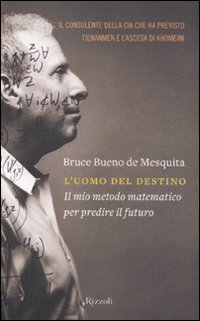
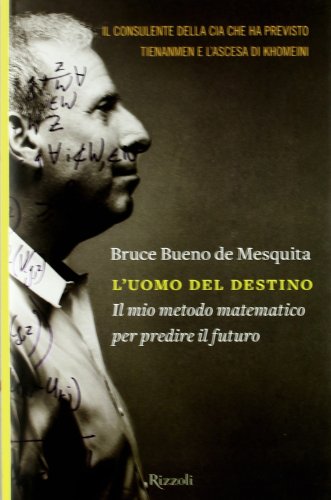
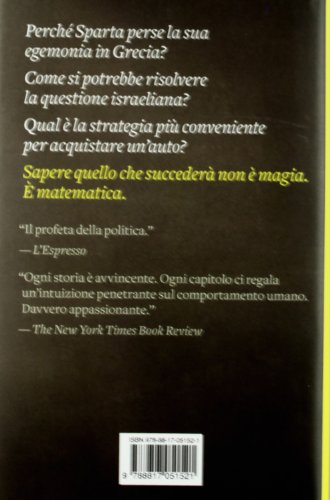


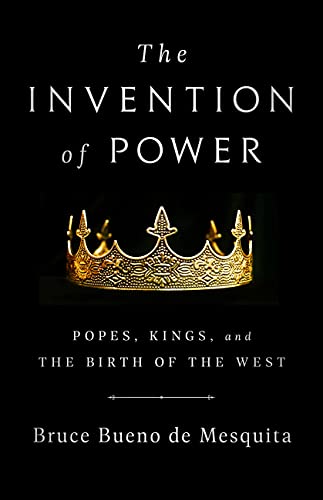
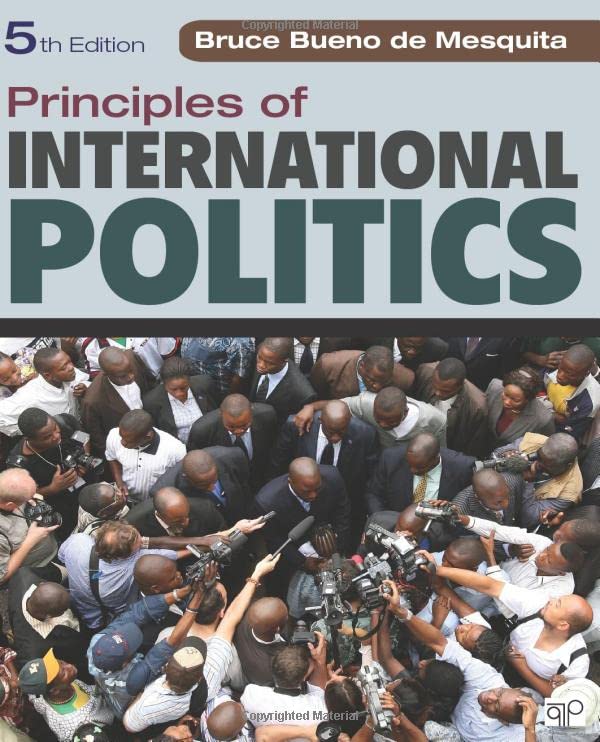
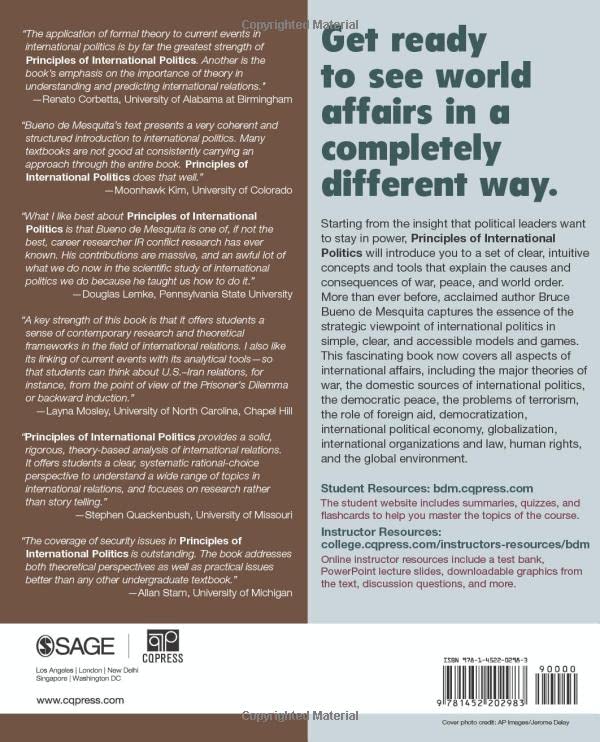








Lascia un commento
Devi essere connesso per inviare un commento.